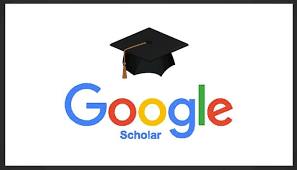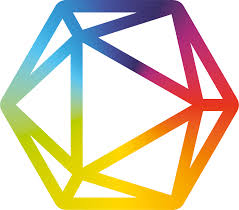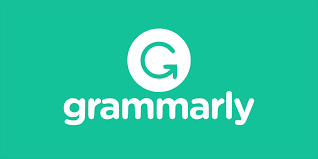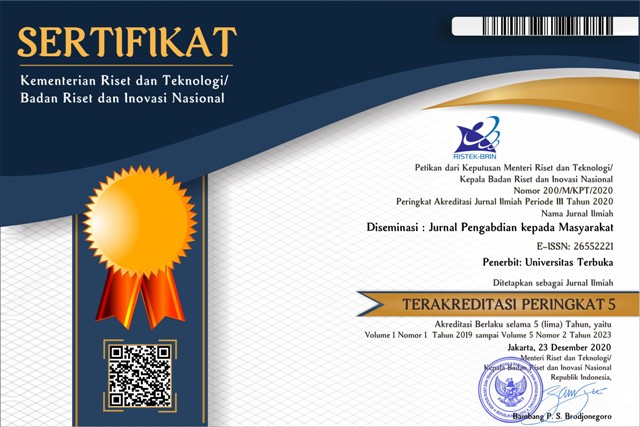IMPROVEMENT OF NATIONALISM REFLECTED IN PANCASILA'S 3rd SILA THROUGH THE ART OF REOG KENDHANG
DOI:
https://doi.org/10.33830/diseminasiabdimas.v1i2.524Keywords:
increased nationalism, the 3rd precept of Pancasila, reog kendhang artAbstract
Community Service is one of the programs that are needed by the community today. This is done as an effort to respond to the needs of the community and is real program and realistic, especially in the fields of education, social, economic and cultural. Community Service Program is a program that is learning, studying and serving that is realized in the form of introduction and appreciation of community development through the clarity of planned change programs and problem solving methods regarding the ability to choose and use the right skills.
A big nation is a nation that wants to respect its culture. Indonesia has a diversity of cultures that are characteristic and assets of the Indonesian nation. But most of the younger generation has forgotten a lot of the culture of the nation. The tendency of the younger generation now prefers outside cultures and many younger generations are less able to sort out most of which have negative impacts rather than a positive impact on themselves and others as well as the environment. There is a need for character education so that the younger generation can be relied upon in the future according to the nation's culture, such as being responsible for mutual cooperation, mutual assistance and good manners.
Reog Kendhang's art proves that local culture can increase the sense of community nationalism and be able to become social controls so as not to fall into bad lifestyle. The formation of a national culture that can truly reunite all components of the nation's culture, therefore it is necessary to have a deeper introduction to history and cultural heritage in search of the identity of a pluralistic Indonesian society.
References
Downloads
Published
Issue
Section
License
Copyright and Licensing

Diseminasi : Jurnal Pengabdian kepada Masyarakat is licensed under a Creative Commons Attribution-NonCommercial-NoDerivativeWorks 4.0 International License. Allows users to copy and distribute the Article, provided this is not done for commercial purposes and further does not permit distribution of the Article if it is changed or edited in any way, and provided the user gives appropriate credit (with a link to the formal publication through the relevant DOI), provides a link to the license, and that the licensor is not represented as endorsing the use made of the work.

















